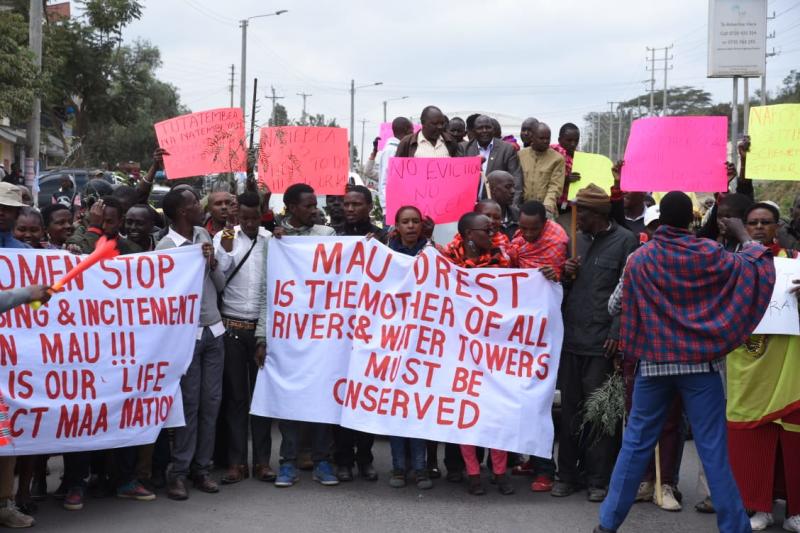
The phrase “whom the gods wish to destroy they first make mad,” is attributed to 17th century European scholars. It is thought that either French scholar Jacques Duport or English writer Joshua Barnes first authored the phrase.
It is now commonly accepted that the “madness” referred to is not lunacy worthy of an asylum. Rather, it is in the sense of being insensate to the consequences of what one is doing. Christian writer Philip Trower encapsulates this saying, “powerful men are responsible for their own downfall in so far as they become ‘mad’ in the sense of blind to the obvious.”